To provide the best experiences, we use technologies like cookies to store and/or access device information. Consenting to these technologies will allow us to process data such as browsing behaviour or unique IDs on this site. Not consenting or withdrawing consent, may adversely affect certain features and functions.
The technical storage or access is strictly necessary for the legitimate purpose of enabling the use of a specific service explicitly requested by the subscriber or user, or for the sole purpose of carrying out the transmission of a communication over an electronic communications network.
The technical storage or access is necessary for the legitimate purpose of storing preferences that are not requested by the subscriber or user.
The technical storage or access that is used exclusively for statistical purposes.
The technical storage or access that is used exclusively for anonymous statistical purposes. Without a subpoena, voluntary compliance on the part of your Internet Service Provider, or additional records from a third party, information stored or retrieved for this purpose alone cannot usually be used to identify you.
The technical storage or access is required to create user profiles to send advertising, or to track the user on a website or across several websites for similar marketing purposes.
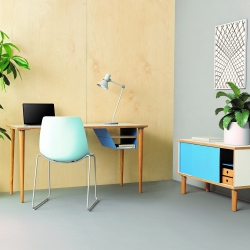 Poise by Bisley is part of the new Belong collection, which has been developed to transcend both the traditional office and homeworking environments. The Poise range consists of a variety of desking and table options, which can either be used as stand-alone pieces of furniture or sit together to form a cohesive office setting. Calling on Bisley’s heritage in workplace innovation, all have been designed in response to the events of 2020, seamlessly adapting to fit either the home or a commercial office environment. More →
Poise by Bisley is part of the new Belong collection, which has been developed to transcend both the traditional office and homeworking environments. The Poise range consists of a variety of desking and table options, which can either be used as stand-alone pieces of furniture or sit together to form a cohesive office setting. Calling on Bisley’s heritage in workplace innovation, all have been designed in response to the events of 2020, seamlessly adapting to fit either the home or a commercial office environment. More →



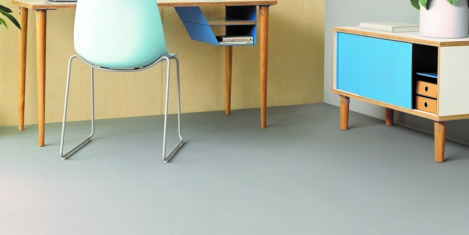
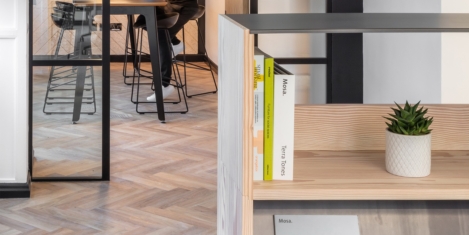
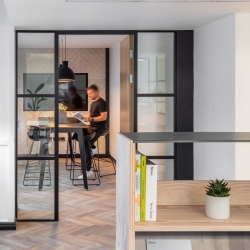 Independent property, construction and infrastructure consultancy
Independent property, construction and infrastructure consultancy 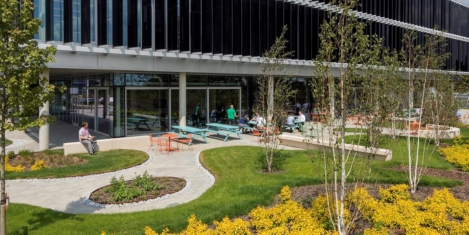
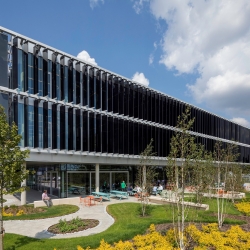
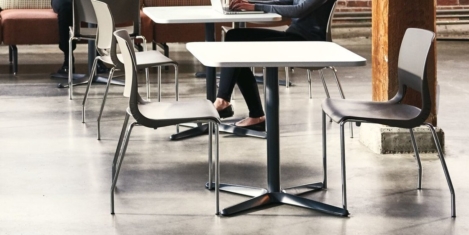
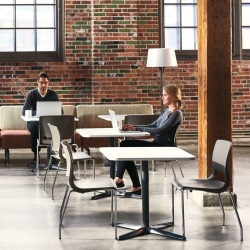
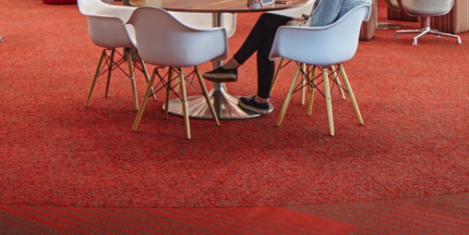
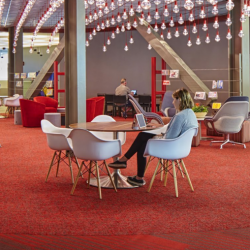
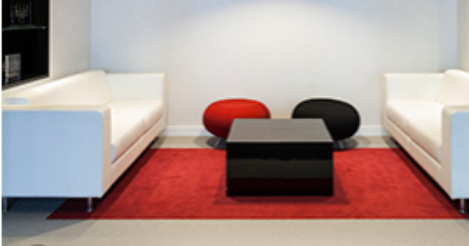
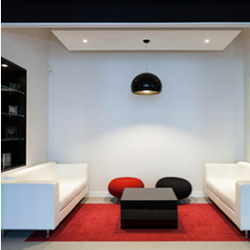 A new report, released by workplace design consultancy,
A new report, released by workplace design consultancy, 
 80 percent of us want to get back to the office, according to a new
80 percent of us want to get back to the office, according to a new 


 As the UK is in the midst of the traditional ‘back to school’ period, many workplaces are debating over when to return to the office, and how. The sudden move to remote working during lockdown has proven that a new hybrid way of working is in fact possible for numerous organisations, but this has come at the expense of face to face communication and in person collaboration.
As the UK is in the midst of the traditional ‘back to school’ period, many workplaces are debating over when to return to the office, and how. The sudden move to remote working during lockdown has proven that a new hybrid way of working is in fact possible for numerous organisations, but this has come at the expense of face to face communication and in person collaboration. 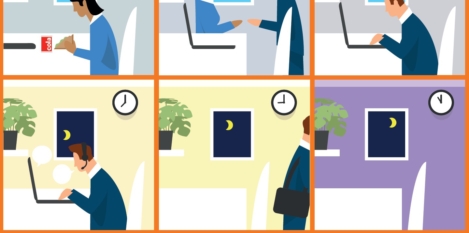
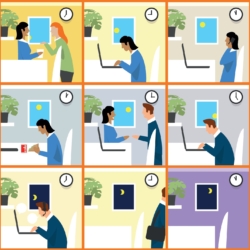












November 11, 2020
UK office design should look to Europe for inspiration
by Ollie Plastow • Comment, Workplace design